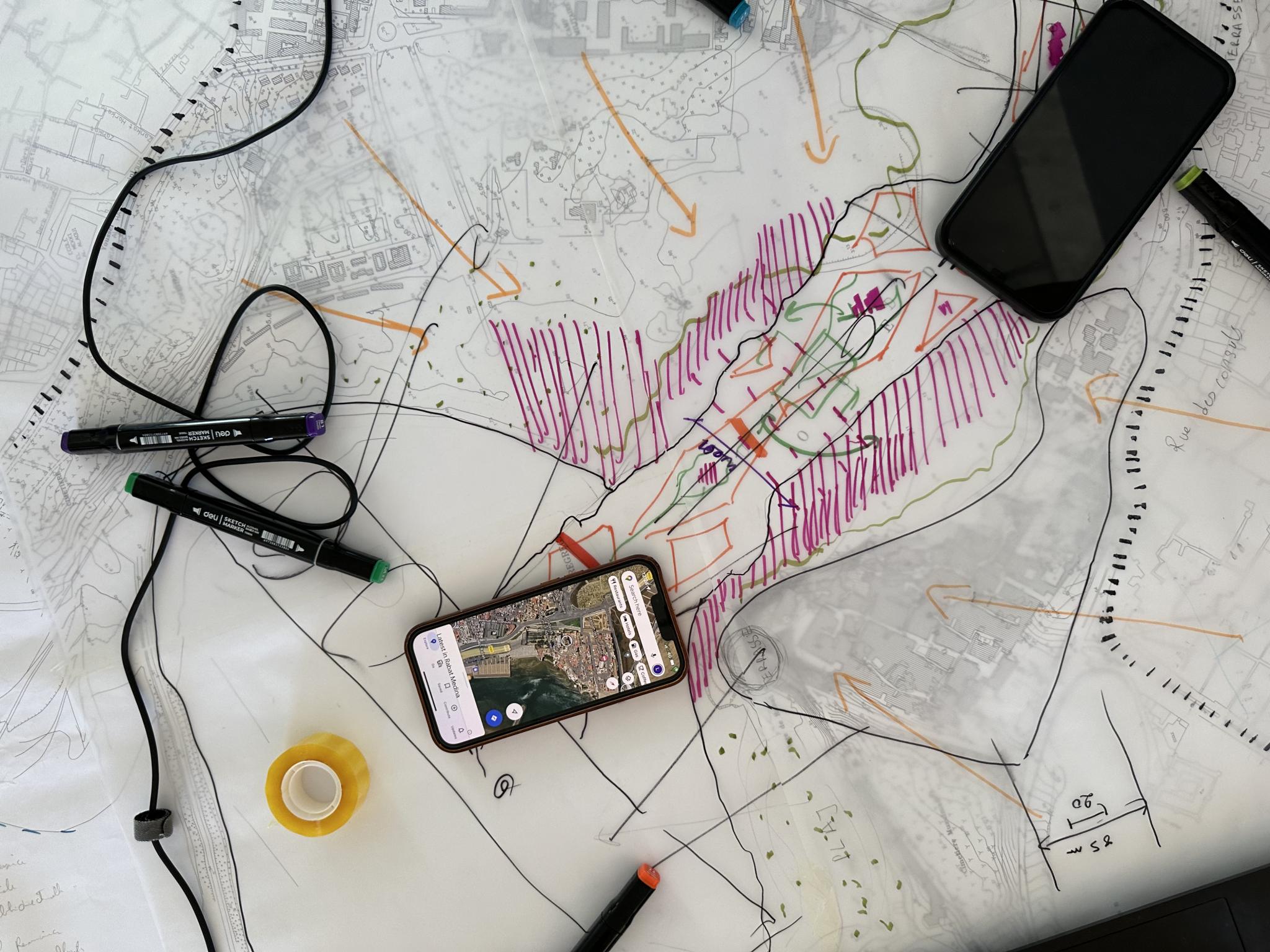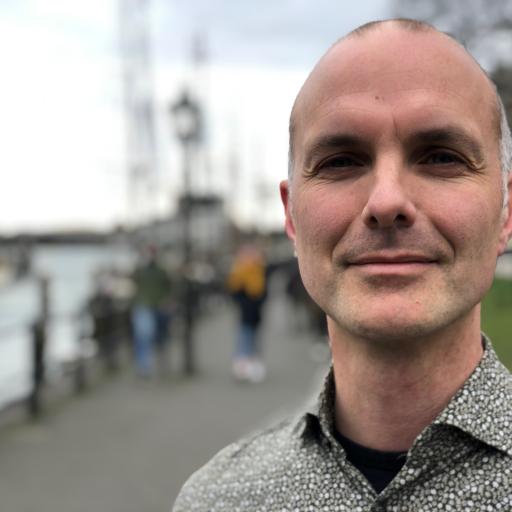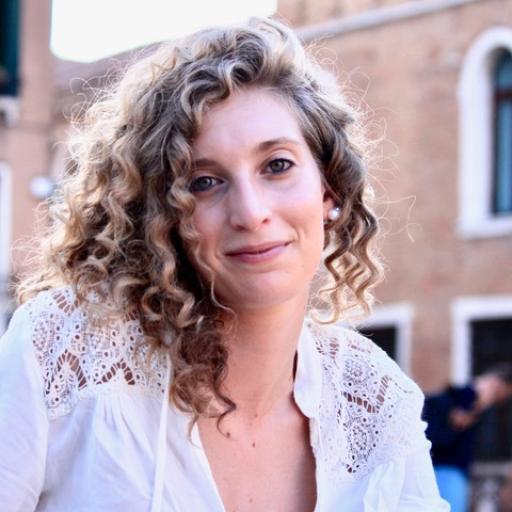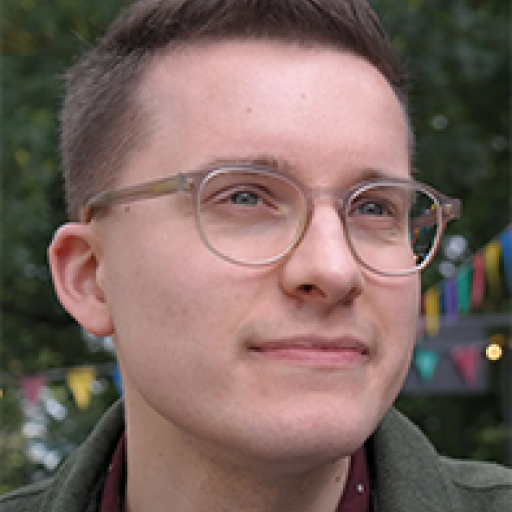
PortCityFutures has over the past couple of years started to develop new shared methodologies to connect space, society and culture. Building on this trajectory, the PCF research theme on Methods takes the lead in further developing forms of analysis that are fundamentally spatial, and take social, affective, mnemonic and heritage values (to name a few) explicitly into account. We are focussing on multiple forms of mapping (GIS, mental, stakeholder, etc.), as well as sensorial and design research; and we are revealing the subjectivity of stakeholders’ perspectives by other means, allowing inequality and conflicts of interest to be foregrounded in building theory, and creating the means by which societal actors may be able to identify, address and ideally resolve spatially grounded conflicts of interest.
Given the interdisciplinary perspective adopted by PortCityFutures, this PCF research theme combines both qualitative and quantitative approaches to data, will necessarily function as a transversal theme. We integrate with each of the other PCF thematic roadmaps; and as such intend to work on collaborative grant applications. We participate in the annual conferences of the thematic roadmaps; run 1-2 PCF meetings a year on the toolbox; and produce publications on our (mixed) methods and how to apply these to further connect spatial, social, and cultural perspectives.
Within the thematic line on Methods, outcomes generated through transversal collaboration feed into the PCF methods toolbox. This toolbox will come to encompass sets of skills, competences, capacities, integrated with dedicated research techniques and the (digital) infrastructures these require, to substantiate the new methods to be developed. As such, the PCF Methods theme is typically focusing on identifying missing approaches and capabilities to combine perspectives and to mix methods to be further elaborated into essential analytical insights required for building theory and into approaches skilled for inter- and transdisciplinary professional practices crucial to future proof Port-Cities in participatory, inclusive and sustainable ways. This includes designerly ways of doing research, protocols for design experiments, and design scenario building.
Workshop: Where Land and Water Meet (22nd of May 2025):
Read the full programme here
Relevant Research:
- CPCL ISSUE: Port City Cultures, Values, Or Maritime Mindsets, Part 1 and 2
- DESIGNSCAPES (Building Capacity for Design enabled Innovation in Urban Environments) H2020 CO-CREATION-02-2016
- Progressive Methods for the Design of Public Space
- Horizon Europe MSCA funded project: RePortFlows: (Re)Connecting Maritime Ecosystems: Geospatial Mapping of the ‘Spaces of Flows’ in Port-City Regions https://cordis.europa.eu/project/id/101066680 (PI Mina Akhavan)
- Grasseni C., Barendregt B.A., Maaker E. de, De Musso F., Littlejohn A.L., Maeckelbergh M.E., Postma M.A. & Westmoreland M.R. (2021), Audiovisual and digital ethnography: a practical and theoretical guide. London: Routledge.
- Harteveld, Maurice. 2021. ‘The Port-City Portrayed in Its Public Spaces Introducing Micro Biographies of Places’. PortusPlus 11.
- Harteveld, Maurice (2021). In the Minds of People: Port-City Perspectives, The Case of Rotterdam. European Journal of Creative Practices in Cities and Landscapes (CPCL), 4 (2) : 60-81.
- Rosetti I., Naldini S. & Maaker E. de (2020), Exploring Heritage as Culture: Disciplines, Theories, Method. In: Pottgiesser U., Fatoric S., Hein C., Maaker E. de & Roders A.P. (Eds.), Proceedings of the LDE Heritage Conference. Delft: TU Delft Open. 533-535.
Relevant Projects:
- https://www.portcityfutures.nl/activities/pcf-projects/values-for-participatory-port-city-making
- https://www.portcityfutures.nl/activities/pcf-projects/using-value-deliberations-to-explore-solutions-for-the-energy-transition-of
- https://convergence.nl/trailblazing-initiatives-introducing-our-kick-start-researchers/#noise-new
- https://www.universiteitleiden.nl/en/news/2024/08/open-l-grant-for-research-on-environment-as-heritage-in-the-himalayas
- https://www.universiteitleiden.nl/en/news/2024/06/perpetuating-highland-heritages-of-bhutan
- https://www.universiteitleiden.nl/en/research/research-projects/social-and-behavioural-sciences/cultural-anthropology-and-development-sociology/perpetuating-bhutan-highland-heritages
- https://www.universiteitleiden.nl/en/research/research-projects/social-and-behavioural-sciences/localising-global-garment-biographies
Relevant Blogs:
- https://www.portcityfutures.nl/news/engaging-the-subak-water-tourism-and-the-appeal-of-heritage-on-bali
- https://www.portcityfutures.nl/news/mapping-maritime-mindsets-mental-maps
- https://www.gebiedsontwikkeling.nu/artikelen/katendrecht-rotterdam-taking-a-walk-on-the-gentrified-side/
- https://www.portcityfutures.nl/news/portcityfutures-lorentz-conference-report-and-call-to-action
- https://www.portcityfutures.nl/news/extending-the-material-biography-of-byblos-through-understanding-ancient-common-commodity
- https://www.portcityfutures.nl/news/the-waterwheel-a-socio-spatial-method-for-understanding-and-displaying-holistic-water-systems
- https://www.portcityfutures.nl/news/cpcl-issue-port-city-cultures-values-or-maritime-mindsets
- https://www.portcityfutures.nl/mapping-values-and-tensions-in-port-cities
- https://www.portcityfutures.nl/news/deep-maps-and-time-machines-exciting-times-for-collaborative-research-on-port-cities




